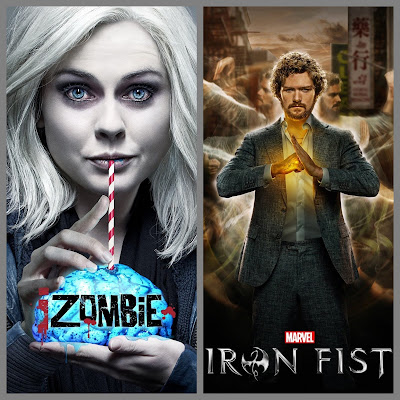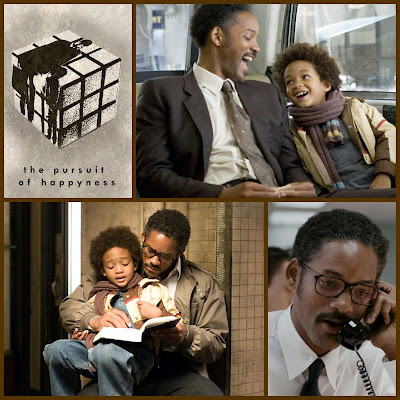SO MATRIX IS BEING REBOOTED WITHOUT THE WACHOWSKI'S! WTF!
So here we have it – Warner Bros are finally about to reboot The Matrix, less than 20 years after the Wachowski siblings first blew our minds with their philosophy-meets-kung fu classic that left us all delivering star Keanu Reeves’ iconic slack-jawed catchphrase: woah.
As a popular franchise with high brand recognition, a return to the Matrix saga was perhaps inevitable. But even while most remakes and reboots are decried by fans for their general pointlessness and tendency towards creative redundancy, the proposed return of The One feels particularly crass.
There are many reasons why rebooting The Matrix is a bad move – the most obvious being that the original is nigh-on untouchable.
Arriving in 1999 to relatively little pre-release hype, the film presented a unique sci-fi stew – a quasi-religious techno-parable about machines enslaving humanity in a simulation of the ‘real world’, complete with philosophy-spewing dialogue, goth-punk visuals, pulse-raising martial arts sequences, and innovative special effects.
It was an instant classic, a revelatory work of science fiction that blended eastern and western cultural influences in a pure vision that could only have come from the Wachowskis – who crucially won’t be involved in the new film and that for me is the main reason they shouldn't do it (as I explained in one of my earlier posts, click Here).
While the plot of The Matrix holds up to scrutiny and remains satisfying even when the viewer already knows the answer to the all-important marketing question ‘What is The Matrix?’, it’s not just the concept that makes the film – it’s the execution.
There are the cleanly-shot kung fu and jiu jitsu fights, expertly choreographed by Chinese martial artist Yuen Woo-ping; the astonishingly clever filmmaking advances and innovations that gave us bullet-time; and those amazing performances from a spaced-out Keanu, all-knowing Laurence Fishburn, cooler-than-cool Carrie-Anne Moss, and lip-curling Hugo Weaving as Agent Smith.
In short, The Matrix fits into the age-old problem of studios attempting to reboot films that were incredible in the first place, rather than giving a fresh spin on properties that didn’t live up to their potential.
Rebooting The Matrix isn’t just a bad idea because the original film is basically perfect though. It’s dumb because it ignores the very ideas that lie at the core of the series.
In the year of Star Wars Episode I: The Phantom Menace, The Matrix was the little-known moderately-budgeted sci-fi rebel that trod its own path. While it was made within the studio system, its plot was all about breaking systems and choosing to take the red pill: leaving behind the comfort of what you know and ‘seeing how deep the rabbit hole goes’.
If the first Matrix film preached the virtues of rebellion and subverting the rules of your ‘reality’, the bloated back-to-back sequels Reloaded and Revolutions presented an even more potent idea: that nothing good comes of repeating the past.
As viewers learn in those films, the Matrix we see in the saga isn’t the first iteration of the computer simulation – the world itself is stuck in a loop where ‘The One’ always finds his way to the Architect, and the fates of the Matrix and the human resistance in Zion are effectively ‘rebooted’ each time. Neo is the sixth ‘One’, and the first to make a different choice to his predecessors – his love for Trinity prompts him to ignore the Architect’s quandary.
At the heart of its overly-complex ramblings, The Matrix sequels follow that nothing good comes of doing the same thing over and over again. It takes new choices, new ideas, new feelings to improve on what’s come before.
While The Matrix was so of its time – playing with Nineties hacker culture, fears over the ‘Millennium Bug’, and how handy MiniDiscs were (ha) – the rapid advances in technology over the past 18 years do offer some room for new explorations. The world has changed significantly, especially with the boom of the internet, leaps towards artificial intelligence, and the advent of virtual reality – all topics which could theoretically lead to some interesting parallels in a new Matrix film. But as we’ve seen recently with Ex Machina, Luc Besson’s underrated Lucy, and even Black Mirror, these ideas are already being explored with fresh visions and ideas.






Comments
Post a Comment